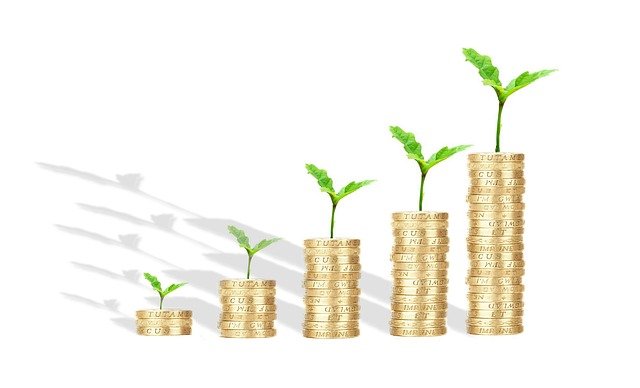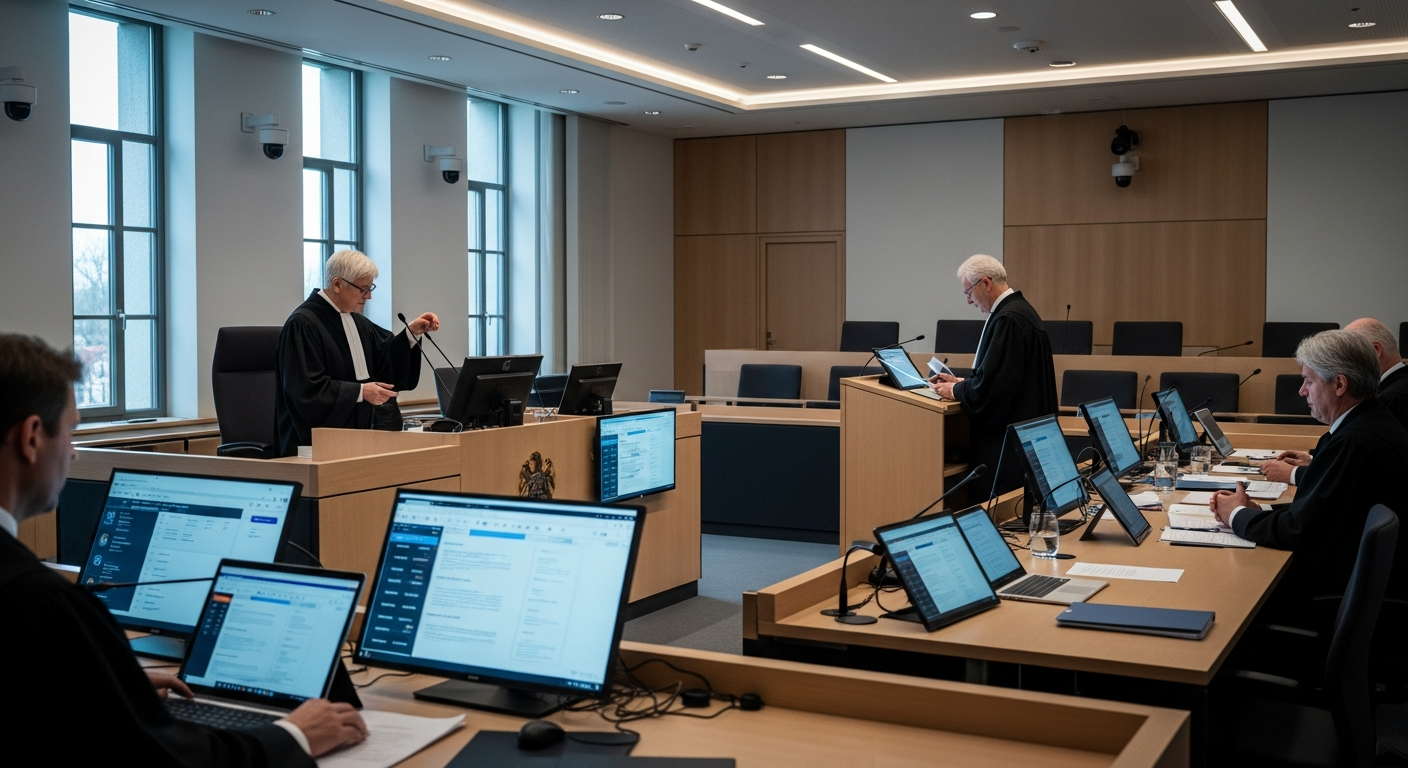The Circular Economy: A New Frontier in Financial Innovation
Imagine a world where waste becomes wealth, and economic growth is decoupled from resource consumption. This isn't a utopian dream, but the foundation of the circular economy—a paradigm shift that's reshaping industries and opening up exciting new avenues for investors. As traditional linear economic models face mounting challenges, the circular economy presents a compelling alternative that promises both environmental sustainability and financial opportunity.

This shift is driven by a confluence of factors: increasing resource scarcity, growing environmental concerns, and evolving consumer preferences. As these pressures mount, businesses are finding that circular practices not only reduce waste and environmental impact but also create new revenue streams and competitive advantages.
The Financial Landscape of Circularity
From an investment perspective, the circular economy opens up a diverse array of opportunities across multiple sectors. Companies that can effectively implement circular business models are positioning themselves for long-term success in a resource-constrained future.
One key area of focus is the development of innovative materials and technologies that enable product longevity, reusability, and recyclability. For instance, advancements in biodegradable plastics and closed-loop recycling systems are attracting significant investment attention.
Another promising avenue is the rise of “product-as-a-service” business models, where companies retain ownership of products and sell their use or performance instead. This approach aligns corporate interests with product durability and efficiency, creating value for both businesses and consumers.
Circular Economy Funds: A Growing Investment Trend
As awareness of circular economy principles grows, so does investor interest. Several major asset management firms have launched dedicated circular economy funds in recent years, providing a way for investors to gain exposure to this emerging trend.
These funds typically focus on companies that are leaders in areas such as waste reduction, resource recovery, and product life extension. While still a niche area, circular economy funds have shown promising performance, often outpacing traditional benchmarks.
However, it’s important to note that as with any emerging investment theme, careful due diligence is crucial. The circular economy concept is broad, and not all companies that claim circular credentials will necessarily be sound investments.
Policy Tailwinds: Regulatory Support for Circularity
The transition to a circular economy is not just being driven by market forces—policymakers are also playing a crucial role. Governments around the world are introducing regulations and incentives to encourage circular practices, creating both opportunities and challenges for businesses.
In the European Union, for example, the Circular Economy Action Plan sets out ambitious targets for waste reduction and recycling, along with measures to promote product durability and reparability. Similar initiatives are being developed in other regions, signaling a global shift towards circularity.
For investors, understanding these policy trends is crucial. Companies that are ahead of the curve in adopting circular practices may be better positioned to thrive in this evolving regulatory landscape.
Challenges and Risks in the Circular Transition
While the potential of the circular economy is immense, the transition is not without its challenges. Many industries face significant hurdles in redesigning their products and processes for circularity, and the upfront costs can be substantial.
There’s also the risk of “greenwashing,” where companies overstate their circular credentials without making meaningful changes. For investors, this underscores the importance of thorough research and a critical eye when evaluating potential investments in this space.
Furthermore, the success of circular business models often depends on consumer behavior change and the development of supporting infrastructure. These factors can introduce additional uncertainty and risk.
Key Considerations for Circular Economy Investors
• Look for companies with genuine commitment to circularity, backed by tangible actions and measurable targets
• Consider the entire value chain—circular economy leaders may be found in unexpected places
• Pay attention to policy developments that could create tailwinds (or headwinds) for circular businesses
• Assess the scalability and economic viability of circular initiatives, not just their environmental credentials
• Be prepared for a long-term investment horizon—the full benefits of circularity may take time to materialize
A Circular Future for Finance
The circular economy represents more than just a passing trend—it’s a fundamental reimagining of our economic system with far-reaching implications for investors. As resource constraints tighten and environmental pressures mount, circular principles are likely to become increasingly central to business success.
For forward-thinking investors, the circular economy offers a chance to align financial returns with positive environmental impact. While challenges remain, the potential rewards—both financial and societal—make this an area worthy of serious consideration in any diversified investment strategy.






